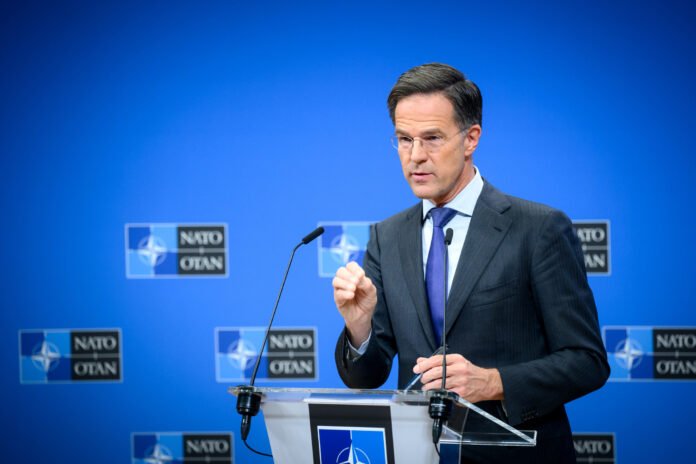NATO’s Response to Rising Threats: A Commitment to Collective Security
On December 4, 2024, NATO Foreign Ministers concluded two days of critical discussions in Brussels, focusing on the escalating threats posed by acts of sabotage and hostile actions against member countries. The meeting underscored the alliance’s commitment to collective security in the face of increasing aggression from state actors, particularly Russia and China.
Acknowledging the Threat Landscape
NATO Secretary General Mark Rutte opened the conference by highlighting the multifaceted nature of the threats facing the alliance. He stated, “Both Russia and China have tried to destabilise our countries and divide our societies with acts of sabotage, cyber-attacks, and energy blackmail.” This acknowledgment of the geopolitical landscape reflects a growing concern among NATO members regarding the coordinated efforts of these nations to undermine Western stability.
Strategic Measures to Counter Hostility
In response to these threats, the foreign ministers agreed on a comprehensive set of measures aimed at countering hostile activities from Russia. Key initiatives include enhanced intelligence sharing among member states, increased military exercises, and improved protection of critical infrastructure. Additionally, NATO plans to bolster its cyber defenses and take tougher actions against Russia’s so-called ‘shadow fleet’—a network of oil-exporting ships that operate under the radar to evade sanctions.
Rutte emphasized the importance of collaboration with the European Union, stating that NATO “will work closely together with the EU on these issues.” This partnership is crucial for creating a unified front against external threats, particularly in the realms of cybersecurity and energy security.
The Global Nature of Threats
The discussions also highlighted the growing alignment between Russia, China, North Korea, and Iran, which poses a global threat to NATO member states. Rutte pointed out that the ongoing war in Ukraine has far-reaching implications, not just for Europe but for global security. He noted that in exchange for military support, Russia is aiding North Korea in advancing its missile and nuclear programs, a development that could destabilize the Korean Peninsula and potentially threaten the United States.
Recent Incidents of Sabotage
The urgency of NATO’s response is underscored by recent incidents that have raised alarms among member states. In July 2024, a series of parcel fires targeting courier companies in Poland, Germany, and the UK were identified as Russian ‘dry runs’ aimed at sabotaging flights to North America. These fires, which occurred in key logistics hubs, were linked to an orchestrated campaign by Russia’s military intelligence agency, the GRU, to disrupt transatlantic cargo operations.
Moreover, in November 2024, a Chinese bulk carrier, Yi Peng Three, was suspected of deliberately severing two undersea cables—one connecting Sweden to Lithuania and the other linking Finland and Germany. This incident raised concerns about the vulnerability of critical communication infrastructure and the potential for further destabilization of the region.
Denials from Moscow and Beijing
In the wake of these incidents, both Moscow and Beijing have denied any involvement, a stance that has been met with skepticism by Western officials. The denials highlight the complexities of international relations and the challenges NATO faces in addressing hybrid warfare tactics employed by adversarial states.
Conclusion: A Unified Front
The December 2024 NATO Foreign Ministers’ conference marked a pivotal moment in the alliance’s ongoing efforts to adapt to a rapidly changing security environment. By committing to enhanced cooperation and strategic measures, NATO aims to fortify its defenses against the growing threats posed by state actors like Russia and China. As the geopolitical landscape continues to evolve, the alliance’s resolve to protect its member states remains steadfast, underscoring the importance of unity in the face of adversity.

